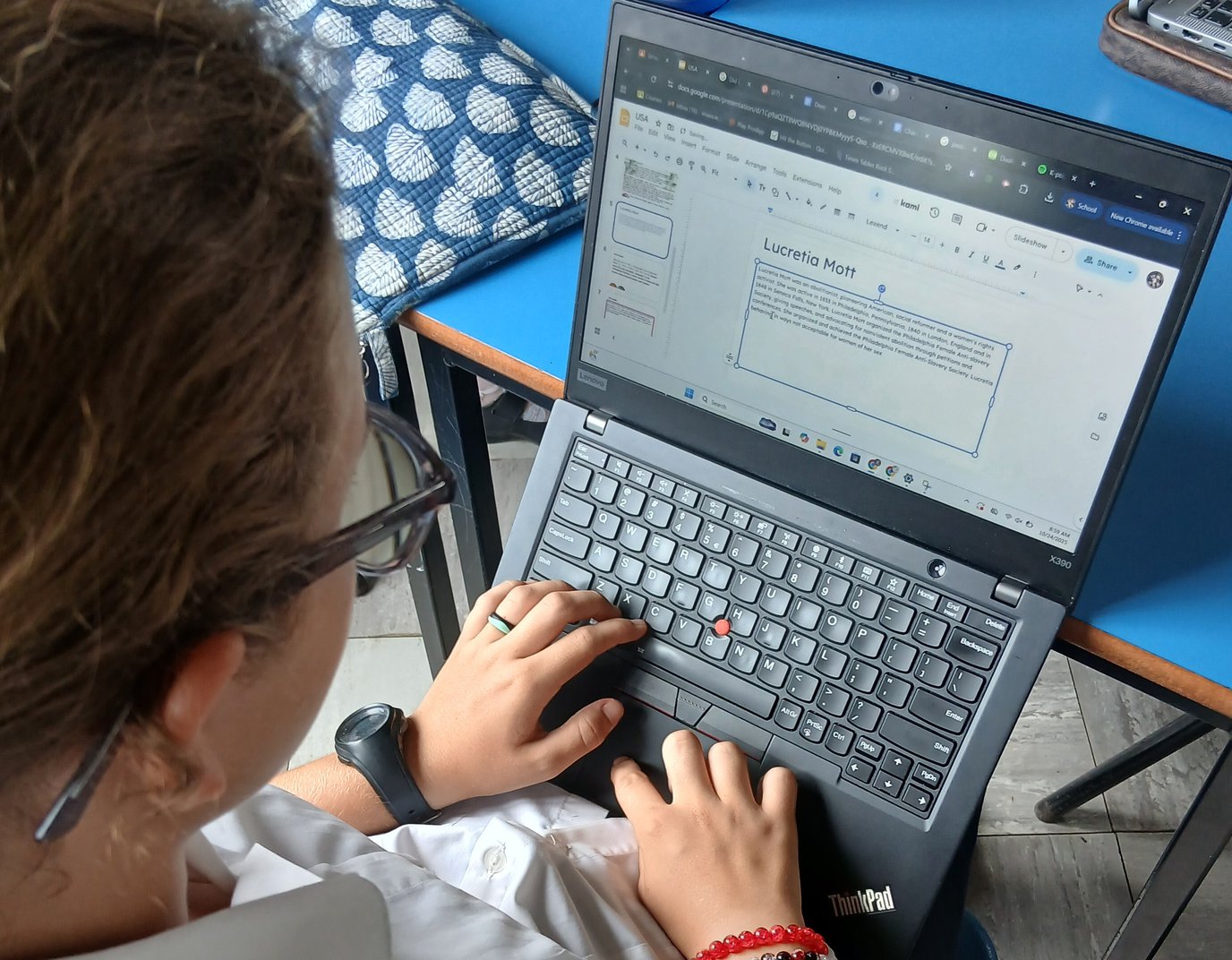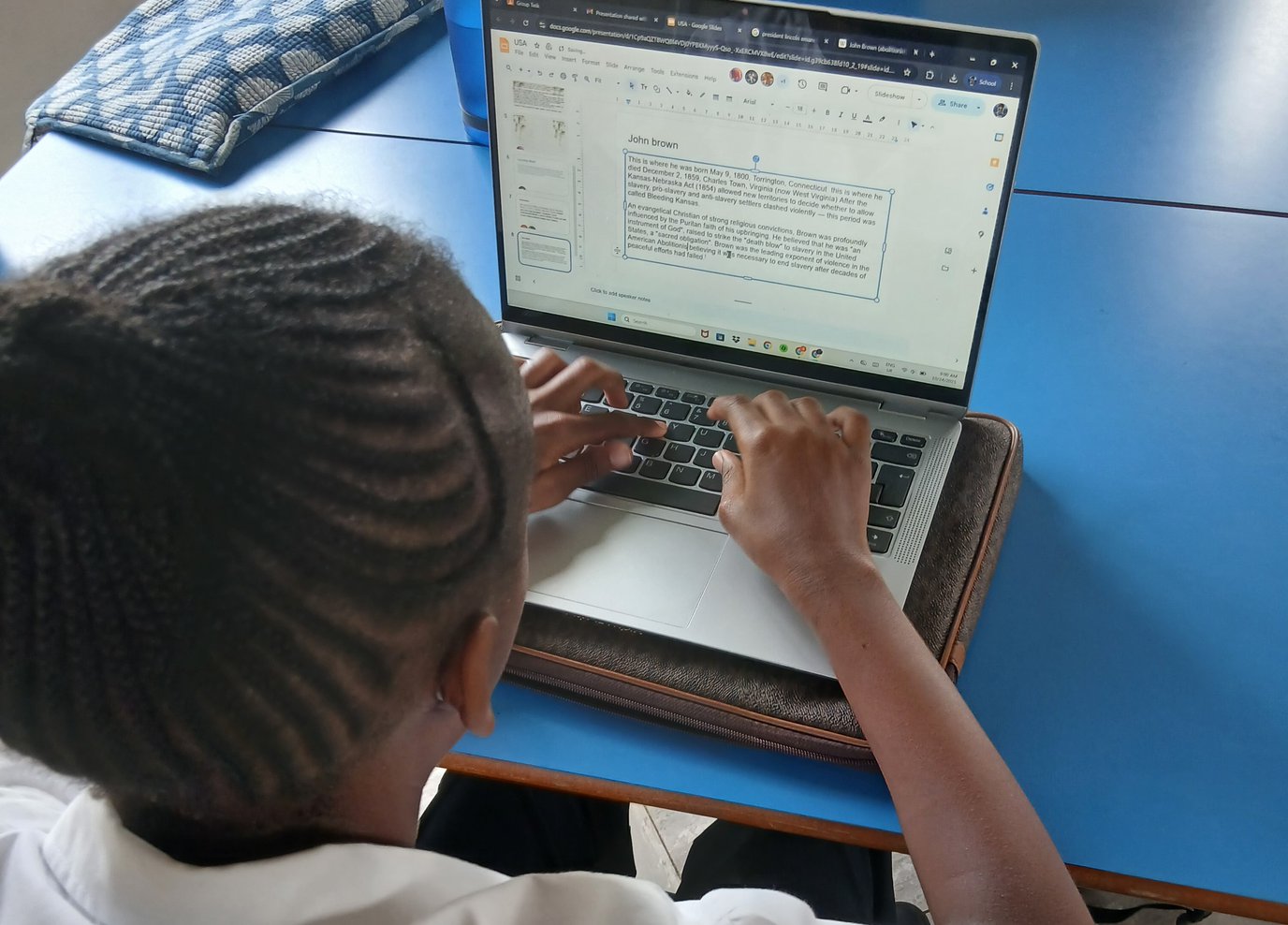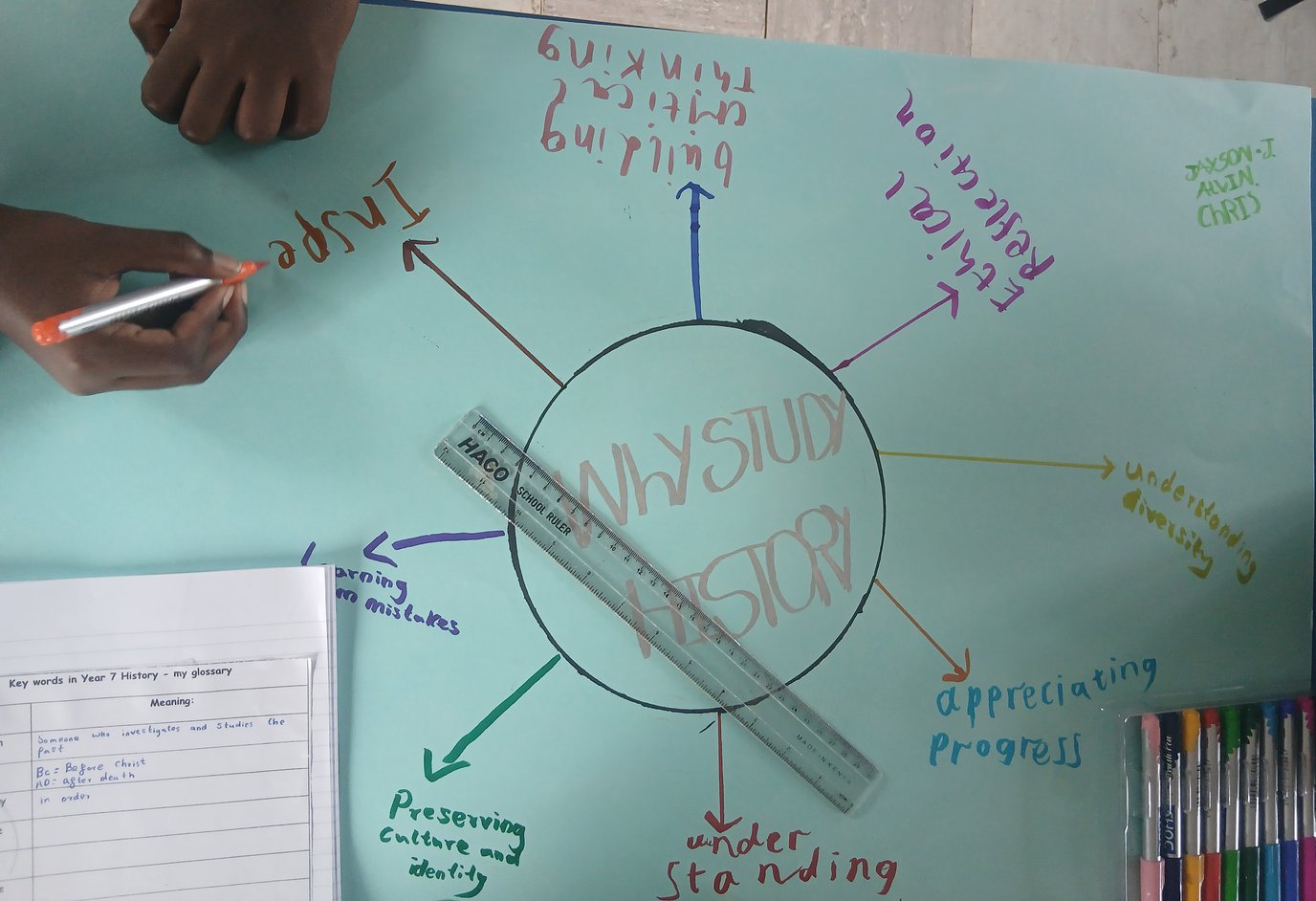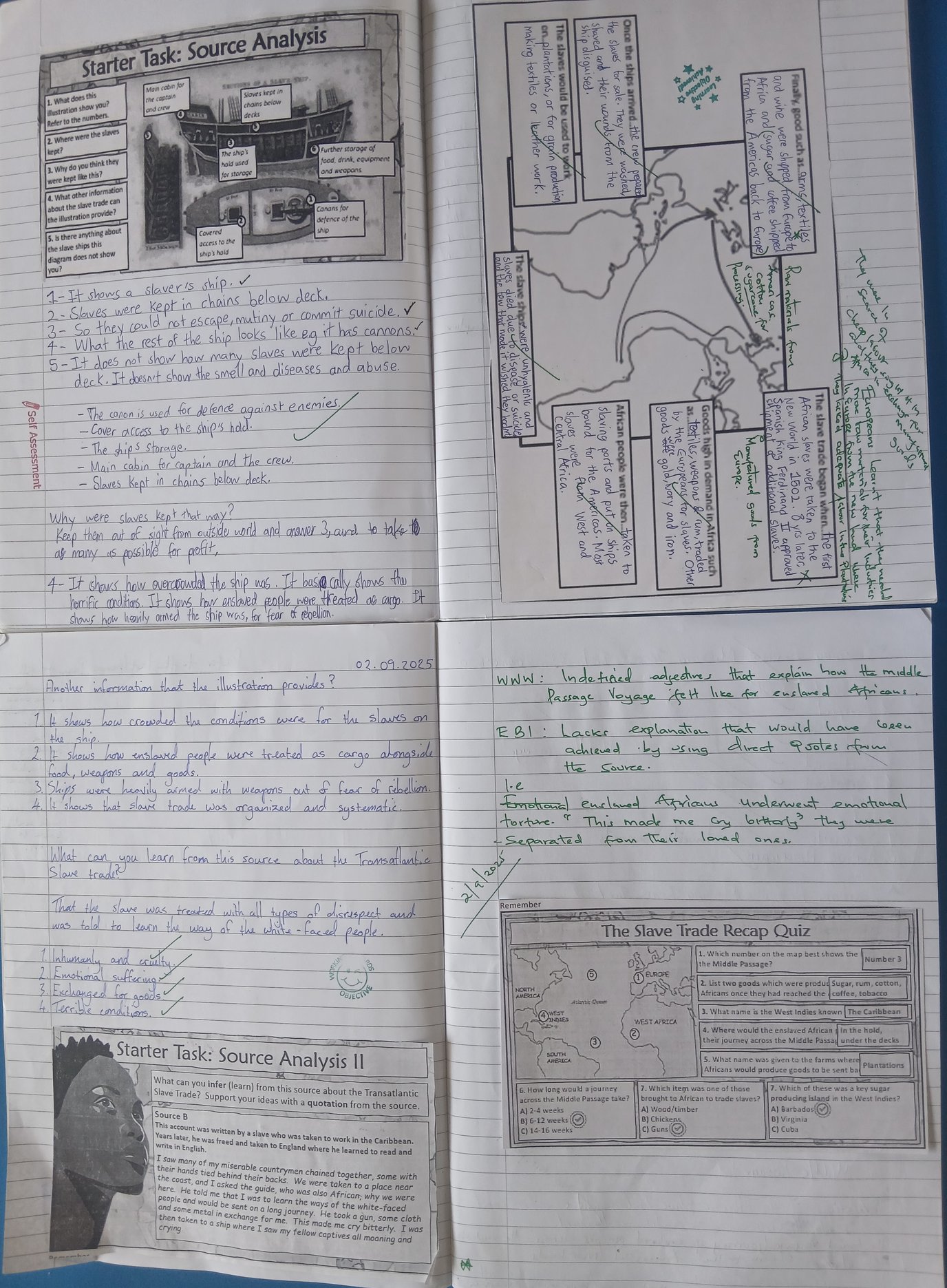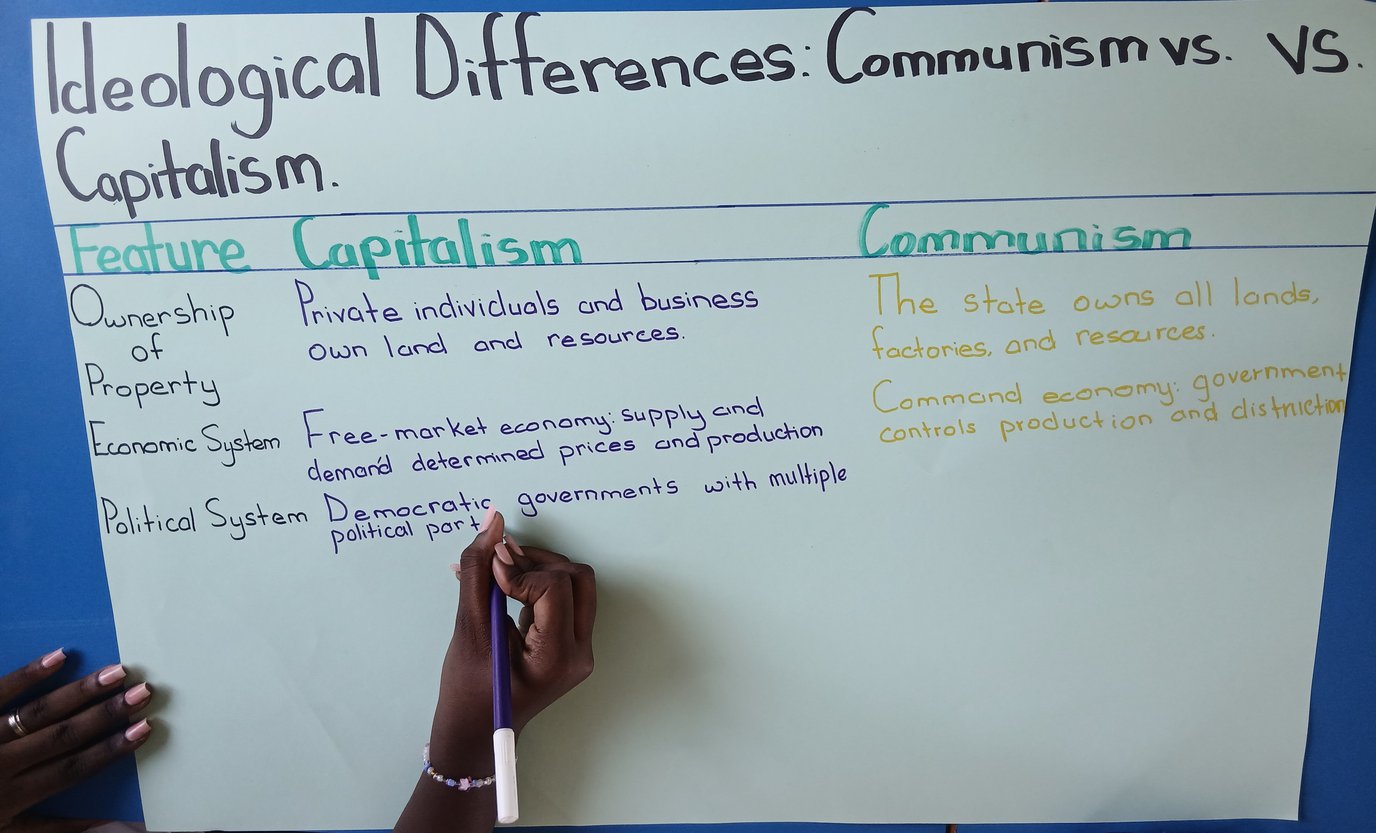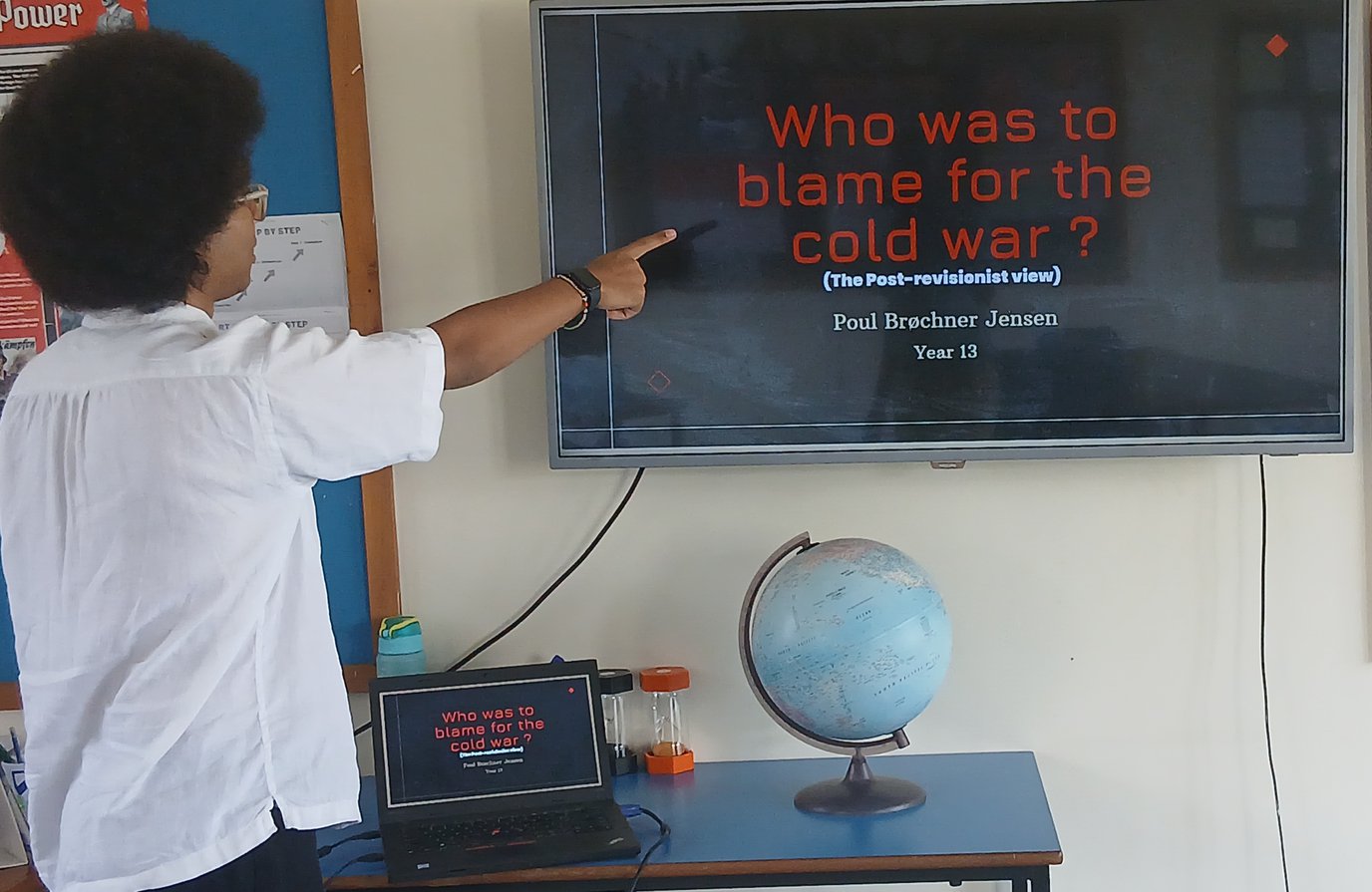Secondary History News

24th October 2025
As we celebrate our History Department's "Bringing the Past to Life for a Better Future," we are excited to share some highlights from our teaching and learning this term.
Year 7 - The Roman Empire
Our Year 7 History Group is really enjoying learning about the Roman Empire and how it expanded through both land and sea.
They are working on how the Roman Army and Navy helped build its power and influence.
We are also planning a school trip to the Kenya Navy Base which will give them first-hand experience of how different forms of military systems were developed by the Romans.
The trip will show how many of today's naval and military defence systems have their roots in the systems that the Romans developed.
Year 8 - The Transatlantic Slave Trade
Year 8 Historians have been engaged in a significant study of the Transatlantic Slave Trade.
They have looked at the routes that slaves took to get to the Americas, what their lives were like as slaves, and the impact that the slave trade had globally.
By creating maps of the slave trade routes and having discussions and reflective activities about slavery, they are developing their ability to empathise and understand the experiences of people who lived under slavery.
Many of these historical experiences continue to shape our world today and contribute to ongoing conversations about human rights and equality.
Year 9 - The First World War and Remembrance
Our Year 9 History Group are continuing their studies of the First World War, looking specifically at its causes, the conditions of living in the trenches, and its effects around the world.
In preparation for the school Remembrance Day Assembly on 11th November, they will be presenting their own contributions on the role of African soldiers in WW1, life in the trenches and why it is important to promote peace and diplomacy.
These presentations encourage learners to think about how the lessons of WWI can help us avoid similar conflicts today.
Year 10 - The Post-WWII Period and the League of Nations
Our Year 10 History Group are currently studying the post-World War One period and the creation of the League of Nations.
Students are researching how the League attempted to create a lasting peace, and the successes and failures of this effort in the 1920s.
Using source analysis and debate activities, Year 10 students are developing their critical thinking skills and learning how idealistic concepts of international co-operation often met harsh realities when dealing with the aftermath of a devastating world war.
Year 11 – Cold War
Year 11 Historians are investigating the Cold War, in particular the ideological conflict between the USA and the USSR.
They are exploring the key question of historical debate: Who is to blame for the Cold War?
The stages of this process include analysing political cartoons, discussing key events and focusing on different perspectives from the point of view of leaders. One aspect of the learning experience relates to the building up of strong analytical skills, and historical processes, looking at how tensions which affected a great part of the 20th Century developed.
Year 13 – Analysing perspectives on the Cold War
Our Year 13 historian is pursuing an in-depth study of the Cold War. The key aspect of the study will examine the three main interpretations of responsibility for the conflict:
The Orthodox interpretation which attributes blame to Soviet aggression;
The Revisionist interpretation which points to the expansionism of the USA;
The Post-revisionist interpretation which suggests that mutual fear and misunderstanding was a major factor.
By means of individual research and essay work, the student is developing independent critical thinking and university-type historical analysis, emphasised by the high standard of historical study in our department.
Looking Ahead
This term has shown that history is about much more than dates and events. It is about people and understanding changes and continuities. Our learners continue to show signs of curiosity, reflection and empathy as they explore the way in which the past influences our present and future.
The History Department is dedicated to producing critical thinkers and enlightened citizens who value peace, diversity and dialogue.
“The past is never dead. It’s not even past” – William Faulkner.
Mr Nyabuto
Head of Humanities
